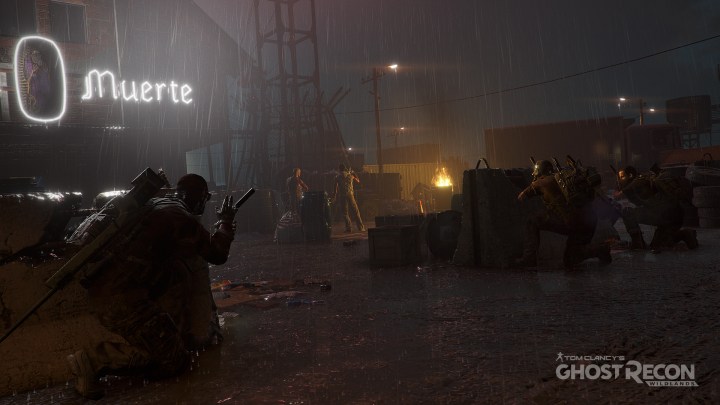
Filed January 29, Ubisoft’s notice of opposition argued that trademarking a game called Ghost infringes on its copyright for the Ghost Recon tactical shooter franchise. Ubisoft’s counsel argued that a video game “Ghost” would offer “identical and highly related to the goods and services offered by [Ubisoft] in connection with the GHOST RECON marks.” Ubisoft also claimed that having two a game called Ghost on store shelves would “cause confusion” for potential customers.
Ubisoft released the first information on the next entry in the Ghost Recon franchise, Tom Clancy’s Ghost Recon: Wildlands, at E3 2015. Though Ubisoft has not set a release date, the game will be released on PlayStation 4, Xbox One and PC.
Electronic Arts first applied to trademark the name “Ghost” in two separate claims, submitted to the patent office March 18, 2015. Based on the filings, Ghost would be a video game with some kind of online component. Ubisoft did not immediately respond, but first expressed interest in protesting the copyright by requesting two extensions on the USTPO deadline for filing a complaint in September and November, 2015, according to Polygon.
This is not the first time two companies have butted heads over copyright issues related to seemingly innocuous terms. Candy Crush developer King filed a complaint against indie developer Stoic, arguing that its independent strategy game, The Banner Saga conflicted with its match-three puzzle game, Candy Crush Saga. While it’s possible that Ghost and Ghost Recon have more in common than The Banner Saga and Candy Crush Saga, there’s no evidence to support such a claim at this time.
For now, Electronic Arts has until March 9 to respond to the complaint. If the dispute is not resolved by then, the companies will have to make their case in court.


